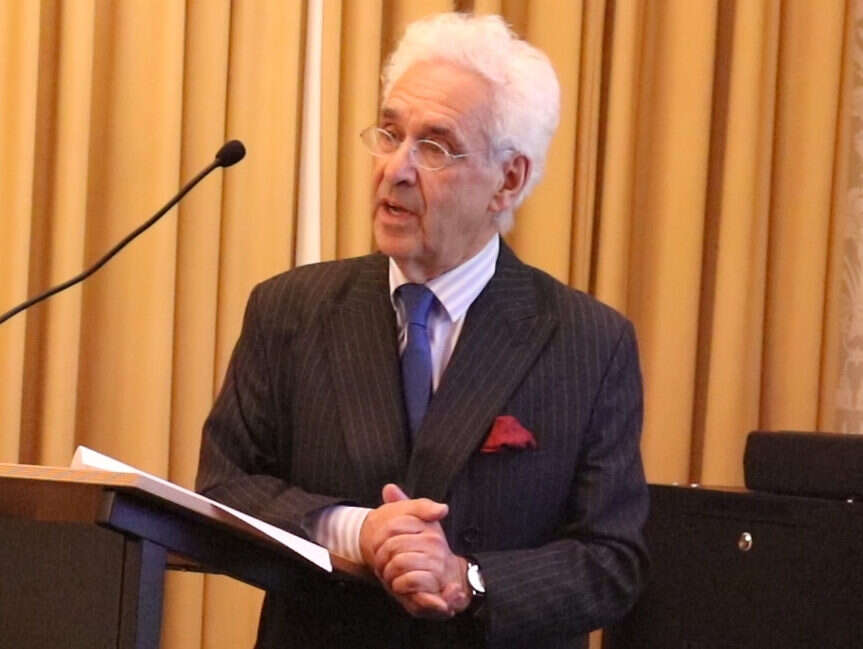
The former chairman of press regulator the Independent Press Standards Organisation has told the BBC it needs to be “far more stringent in striking back” against criticism from the Government.
Discussing the aftermath of the election, Sir Alan Moses told BBC Radio 4’s Today programme: “Well, what a strange irony it is that there’s a Prime Minister as a journalist who conceives of it as reasonable to criticise what the BBC has done.
“My view is that you’re far too wet about it. I think you ought to be far more stringent in striking back at the attacks.”
During the election campaign, former Telegraph journalist Boris Johnson said he was considering scrapping the BBC licence fee.
Treasury minister Rishi Sunak later confirmed the PM had ordered a review of whether failure to pay the BBC licence fee should continue to be a criminal offence.
Sir Alan added that such criticisms “happen after every election”.
He said that the BBC’s senior figures may write responses in the papers but do so in a “very polite way” and should be much tougher.
He added: “Democracy depends on people like you and upon the newspapers and if we don’t look after democracy then democracy won’t look after us.”
BBC director general Tony Hall said in a message to staff after the election that the corporation had made the “odd mistake” but he did not “accept the view of those critics who jump on a handful of examples to suggest we’re somehow biased one way or the other.
“Achieving due impartiality means ensuring our coverage is fair and proportionate over the course of the campaign, and that’s what we’ve done.”
Meanwhile BBC News at Ten presenter Huw Edwards countered criticism of the BBC in his own blog post, writing that its thousands of journalists are “all committed to providing a fair service” but that they “sometimes make mistakes which we deeply regret”.
He dismissed the “curious” notion that such mistakes are “carefully planned to undermine one party and boost another”, or that the BBC’s thousands of journalists work to one political agenda dictated to them from a few figures at the top of the corporation.
Sir Alan stepped down this week from IPSO, which he has chaired since its inception in 2014 as a replacement for the Press Complaints Commission.
He is succeeded by Edward Faulks QC, a former justice minister who was appointed to the House of Lords in 2010 but no longer takes the Conservative whip.
Picture: IPSO
Email pged@pressgazette.co.uk to point out mistakes, provide story tips or send in a letter for publication on our "Letters Page" blog
